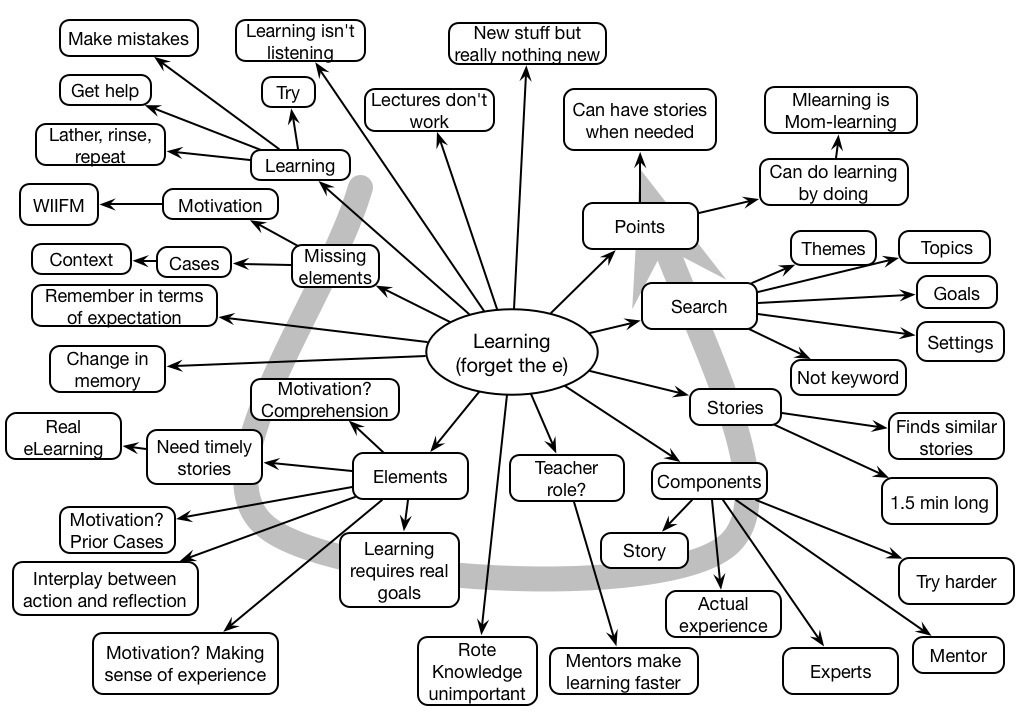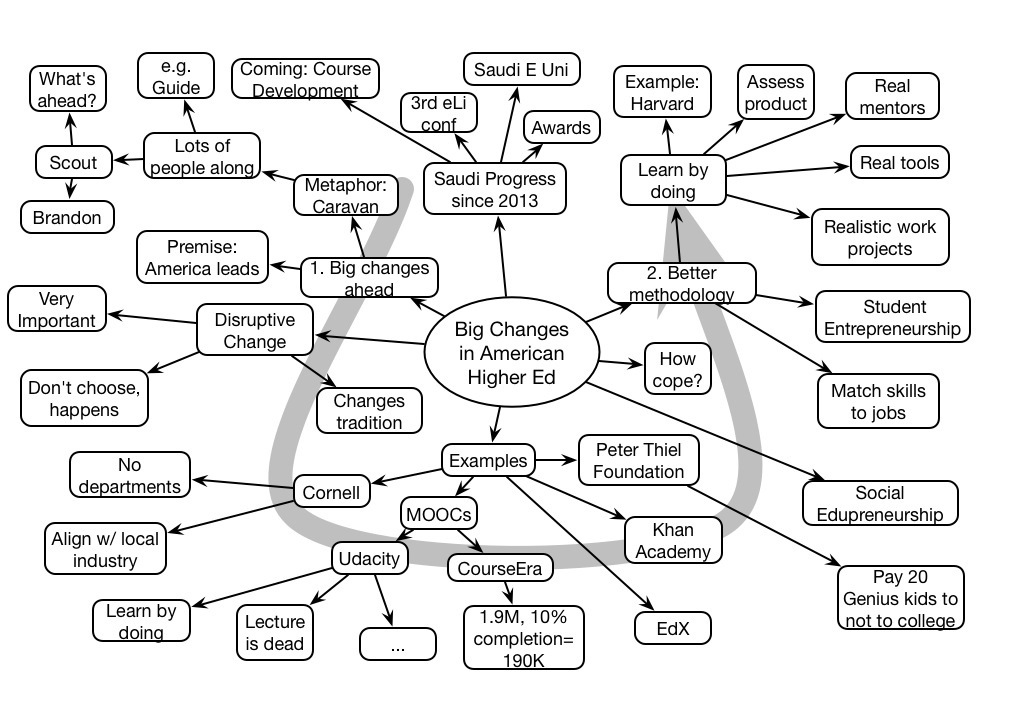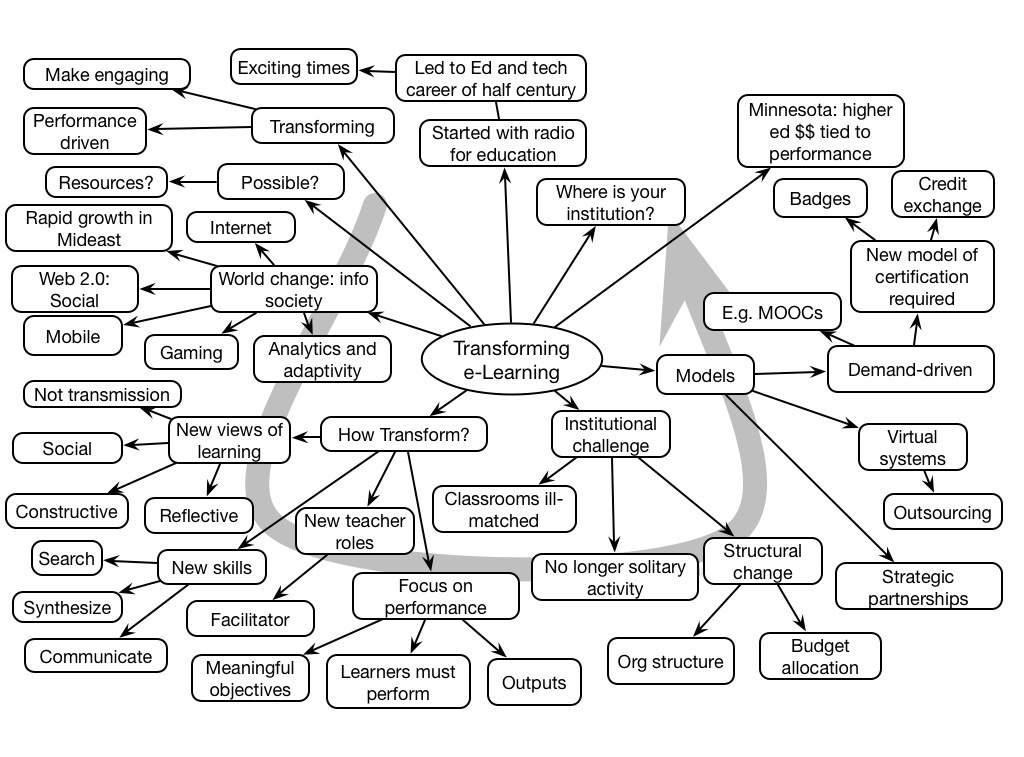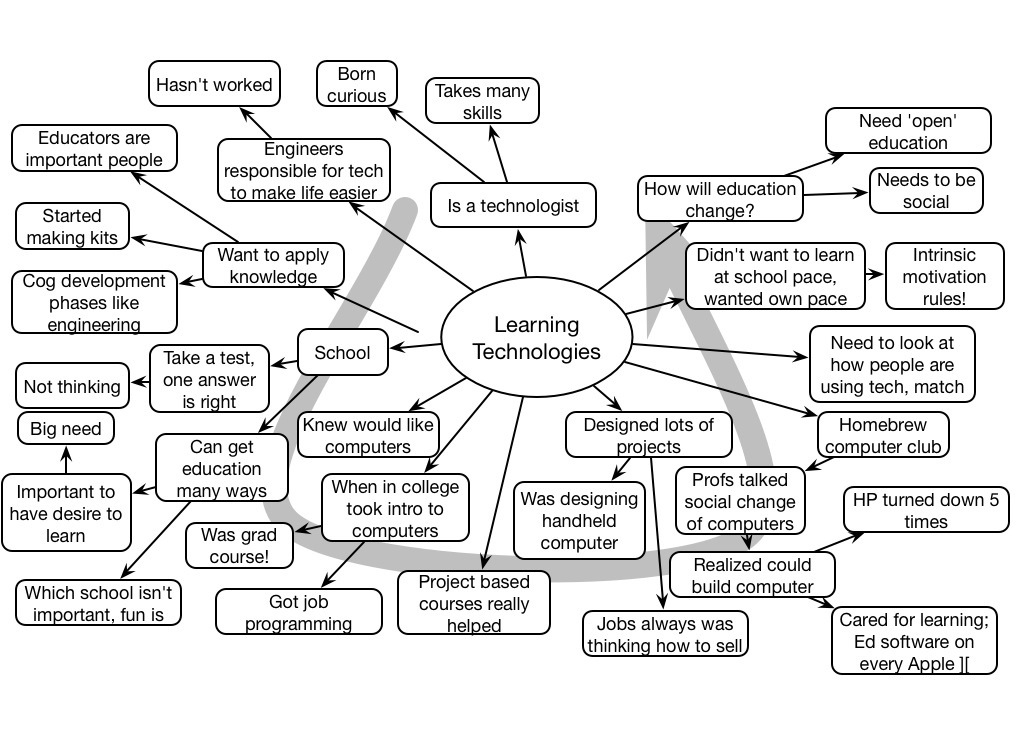I think Ruth Clark’s provides a great service in presenting what the research says on elearning, starting with her highly recommended book eLearning and the Science of Instruction. So it’s hard to want to quibble, but she put out what I think is a somewhat irresponsible post on games with the provocative title “Why Games Don’t Teach“. So it’s only fair that I raise my objections, though the comments do a great job also of pointing out the problem.
As many have pointed out, the title is needlessly confrontational. It’s patently obvious games teach, simply by trying a popular game yourself and realizing quickly that there’s no way you’re going to achieve a competitive level of play without substantial practice. As Raph Koster’s fun and valuable book A Theory of Fun for Game Design aptly points out, the reason games succeed is that they do require learning.
So the real point Ruth is making is that research doesn’t show the value of games for learning, and that there are no guidelines from research for design. And yet she continues to be wrong. As Karl Kapp (author of Gamification) points out in his thoughtful and comprehensive comment, there are quite a few studies demonstrating this (and further elaborates on a study Ruth cites, countering her point). As far back as the 80’s, frankly, Lepper and Cordova had a study demonstrating improvement from a game version of a math practice application. The evidence is there.
What’s more insidious, as Koreen Olbrish points out in her comment, is that the definition of learning is open. Unfortunately, what Ruth’s talking about seems to be rote memorization, by and large. And we do know that tarting up drill and kill makes it more palatable (although we need to be quite certain that the information does have to be ‘in the head’ rather than able to be ‘in the world’). But I maintain that rote fact remembering isn’t what’s going to make an organizational successful, it’s making better decisions, and that’s where games will shine.
Games, properly used, are powerful tools for meaningful practice. They’re not complete learning experiences, but next to mentored live practice, they’re the best bet going. And principles for design? Going further, I believe that there are sound principles for design (heck, I wrote a book about it). It starts with a laser focus on the objectives, and the important ways people go wrong, and then creating environments where exercising those skills, making just those decisions that learners need to be able to make, are made in a meaningful context.
Yes, it requires good design. And, essentially the same basics of good learning design as anywhere else, and more, not other. The problem with research, and I welcome more and a taxonomy, is that research tries to whittle things down into minute elements, and games are inherently complex, as are the decisions they’re training. There are long-term projects to design environments and conduct the small elements of research, but we’ve good principles now, and can and should use a design-based research approach.
Overall, I think that it’s safe to say that:
- games can and do teach
- we have good principles on how to design them
- and that more research wouldn’t be bad
However, I think the article really only makes the latter point, and I think that’s a disservice. Your mileage may vary.



